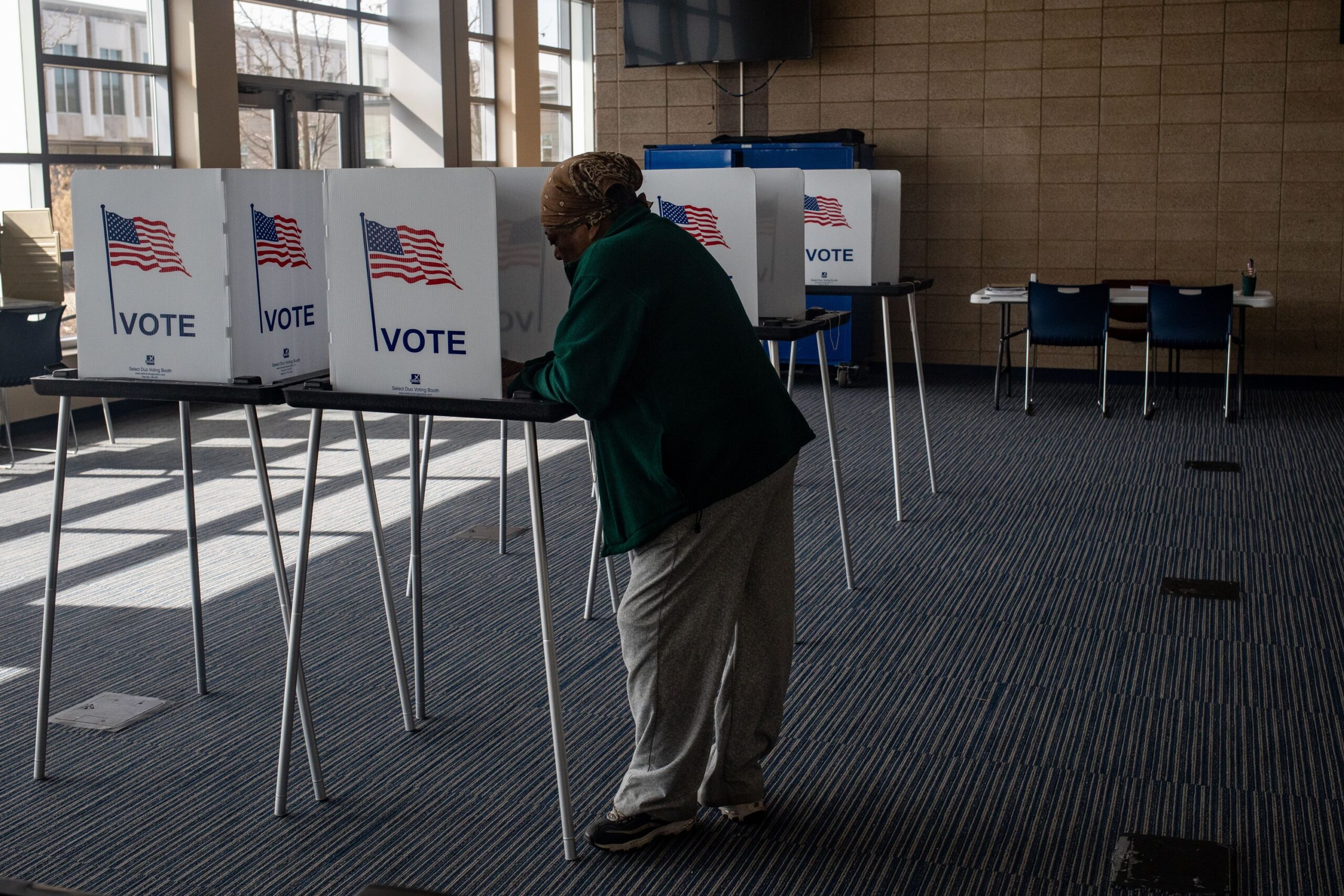The Republican presidential primary season, which has been a grueling marathon for the past six weeks, has seen only three states – Iowa, New Hampshire, and South Carolina – hold caucuses or primaries with both Donald Trump and Nikki Haley on the ballot. The limited number of nominating contests has allowed the candidates to focus their attention on individual states. However, the Michigan primary on Tuesday marks a significant shift away from this strategy.
Neither Trump nor Haley has been able to devote substantial attention to Michigan, making it a litmus test for the GOP primary process as the campaign shifts to a national scale over the next three weeks. This shift could potentially favor the former president, Trump, who is currently the overwhelming favorite in Michigan.
Although recent polling has been sparse, a CNN/SSRS poll conducted at the end of last year showed Trump leading Haley by a significant margin of 72% to 27% among likely GOP primary voters. This lead was larger than his advantage in any of the final surveys leading up to the three early nominating contests this primary season.
Despite trailing in the polls, Haley managed to narrow the gap with Trump in New Hampshire and South Carolina. However, with the Michigan primary imminent, Haley lacks the luxury of time to campaign extensively in the state. Her campaign only announced a state leadership team and began airing television ads and holding campaign stops in the state in the past week.
If Trump’s support in Michigan remains steady since December, the polling would mirror the national trend. This is the first state on the primary calendar where Trump’s support exceeds 70% in the polls, mirroring his standing in national surveys of the Republican primary.
The tight schedule of the primary season, with Michigan’s primary taking place just three days after South Carolina’s, has made it challenging for Haley to devote substantial time to campaigning in Michigan. This issue is likely to persist as the campaign rapidly nationalizes, leaving little room for candidates to focus on individual states.
So far, only 6% of delegates have been allocated in the GOP primary. After Super Tuesday on March 5, about 50% of delegates will have been allotted. This figure will rise to about 56% two weeks from now and about 71% three weeks from now. In other words, more than two-thirds of all GOP delegates will be assigned in the next three weeks.
The delegate allocation process in most of the upcoming states could further complicate matters for Haley. Unlike the proportional allocation system used in the Democratic primaries and in Iowa and New Hampshire on the Republican side, most of the upcoming contests will follow a “winner take most” or “winner take all” model. If Trump wins by a significant margin, he could potentially secure most, if not all, of the delegates in these states.
Recent national polls of the Republican primary from Marquette University Law School and Quinnipiac University show Trump leading Haley by around 60 points. If these polls hold true, Trump could potentially secure a majority of delegates by March 12, and there’s an even higher chance he’ll hit that mark by March 19.
In conclusion, Haley will need to rapidly adapt to what’s expected to be a challenging national environment for her as the GOP primary progresses. If she fails to do so, the Michigan primary could mark the beginning of the end of her campaign.

